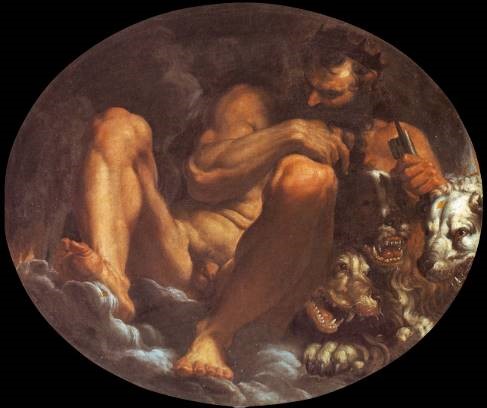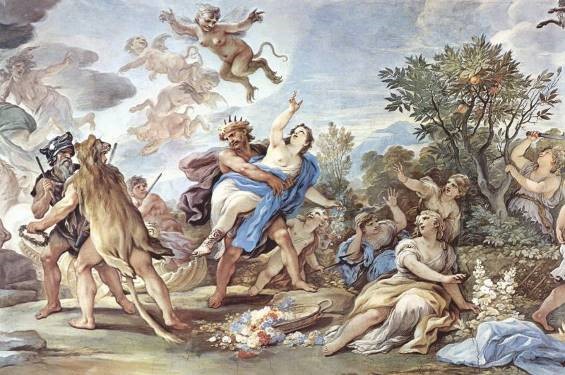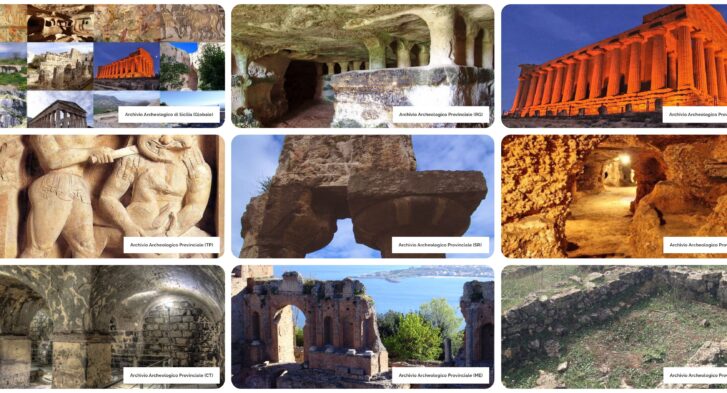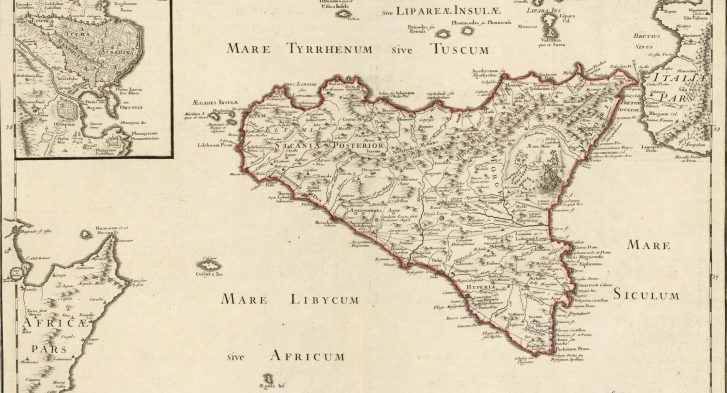Pluto

Agostino Carracci: Pluto – Estense Gallery and Museum, Modena (1592)
Reference page: Repertory of Cults and Myths
Origins of the myth
Pluto is the divinity of the underworld, the lord of the Underworld and his name means "the rich", as if to suggest the richness of the subsoil. In fact, his name was originally Hades which means "the invisible", but it was almost never mentioned and Pluto was one of his nicknames, used perhaps to temper a little, at least in the name, the aspect linked to death. . The name Hades, over time, was used to indicate the realm of the dead.
Pluto was the son of Cronos and Rhea, therefore the brother of Zeus, Poseidon, Hera, Estia and Demeter. After his father's exhaustion, in the division of the world that followed, he touched the underground kingdom, namely Tartarus. Pluto reigns supreme over the dead and Charon the ferryman is under his orders, who has the task of ferrying the dead from one bank of the Acheron river to the other. The dead had to pay a donation to Charon, and it is on this belief that the ancient habit of putting a coin in the mouth of the corpses before burial is based.
This habit had to be preserved even in periods not far from us, as demonstrated by a Sicilian folk tale collected by Pitrè [Fiabe Novelle e Racconti Popolari Siciliani Vol IV p. XXVII]. The story speaks of a very bad king, named William (lu malu Gugghiermu), who had his subjects steal all the gold, silver and, as if that weren't enough, even the copper coins. Instead, he had leather coins minted, ordering that only these should circulate in the country. To be sure that he had stripped all his subjects, he invented a stratagem: he arranged for it to be put up for sale, a beautiful horse at a very low price, only a golden shield. However, there was no one who could pay except in leather money, until a boy arrived who bought the horse and paid with gold money. The king had his guards take him away and asked him why he was in possession of gold coins, since he had given the order that they should all be handed over to the authorities. The young man said that he had gone to dig up his father's body to take the gold coin that her mother had placed in her husband's mouth at the time of her burial; thus the evil William learned that no gold coin was now circulating among the living.

Luca Giordano: The Rape of Proserpina (Palazzo Medici Riccardi – Florence)
Pluto did not often come out of the underworld, he took advantage of one of his rare exits to kidnap Persephone, the daughter of Demeter and the only contact he had was with Hermes who led him the souls of the dead.
Worship in Sicily
In Sicily there is very little evidence of the existence of the cult of Pluto. Remains of his cult can be found in Morgantina where, as we have already said when speaking of Hermes, a sanctuary dedicated to Gaia, Pluto and Hermes has been identified near the ancient theatre. This discovery suggests a link between the cult of Gaia and that of Pluto, who could be seen, in some way, as the male personification of the earth itself, even if under a darker aspect because it is linked to the concept of death and associated to the underworld.
The Myth in the IWB Register of the Sicily Region
The places of the Myth of Pluto have been included by the Sicily Region in the LIM Register (Places of Identity and Memory of Sicily), sector of the Places of Myth and Legends.
The places concerned are:
- Pergusa lake (from Enna)
- Source of the Ciane (from Syracuse)
The source of the Ciane was inserted, among the places of the myth of Pluto, the Ciane source, following the connection of Pluto and the nymph Ciane who, in an attempt to oppose Pluto who had kidnapped the apire Persephone near Lake Pergusa, was transformed into a source: the current Ciane torrent which is located in Syracuse
Extract from the Book ” Cults of Ancient Sicily” by Ignazio Caloggero ISBN: 9788832060102 © 2022 Centro Studi Helios srl







